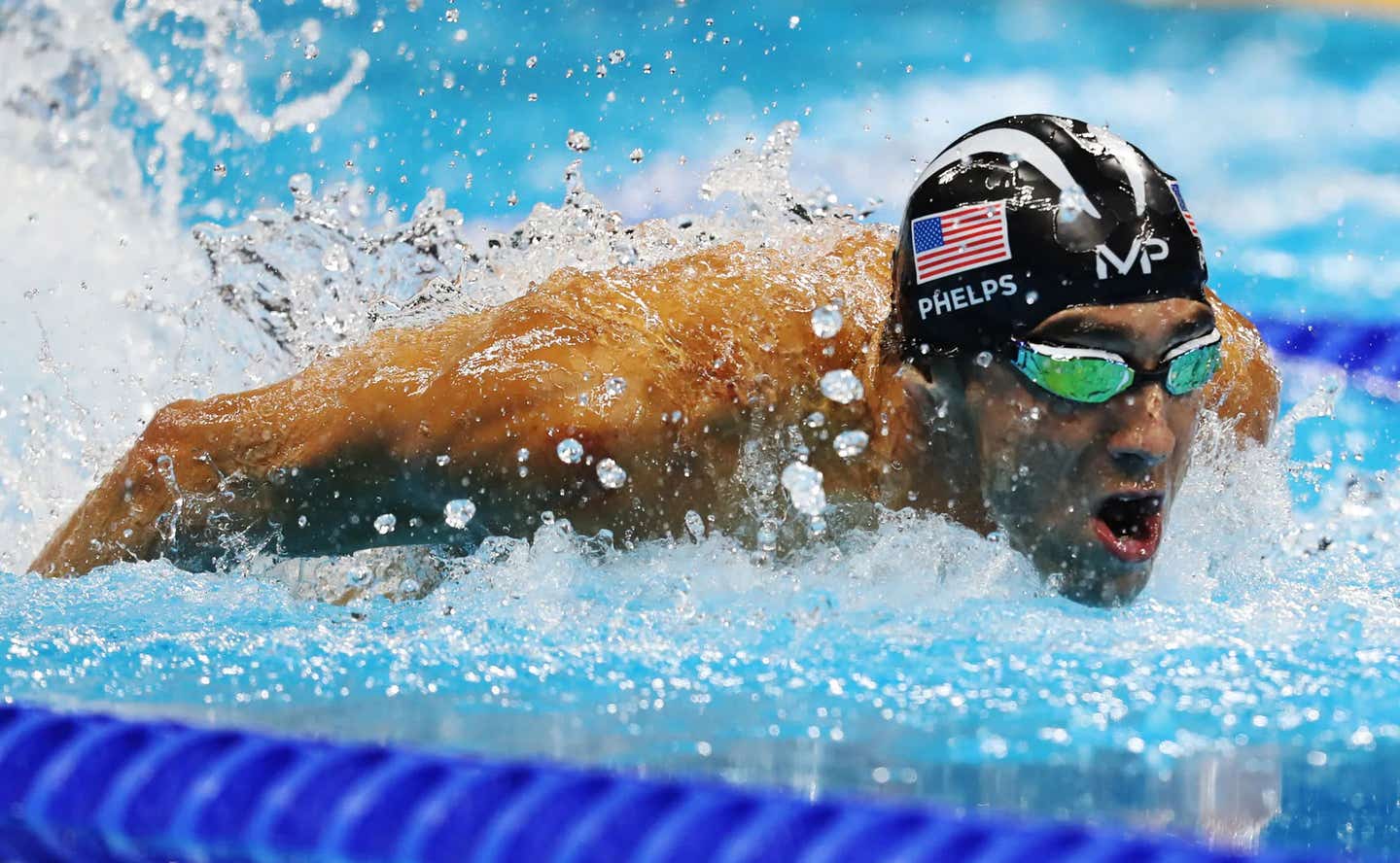At what age do Olympic athletes peak?
Researchers have utilized statistics to determine when an Olympic track-and-field athlete is likely to reach their peak performance.

Olympian (CREDIT: The New Yorker)
In the pursuit of Olympic gold, years of training and discipline play a crucial role, but so does an athlete’s age. A team of students at the University of Waterloo utilized statistics to determine when an Olympic track-and-field athlete is likely to reach their peak performance.
Track-and-field includes running, jumping, throwing, and combined event disciplines. Most athletes’ career trajectories can be visualized as a bell curve, where they train for years to reach their peak performance at a certain age before gradually declining.
“Unlike other Olympic sports such as soccer and tennis that have their own high-profile competitions outside of the Games, the Olympics is the largest stage upon which track-and-field athletes compete,” explained David Awosoga, a master’s student in data science and the lead author of the research.
With the Olympics occurring only once every four years, track-and-field athletes must meticulously plan their training to maximize their chances of qualifying while at their peak.
The researchers compiled year-by-year career performance data for every track-and-field athlete who has competed in an individual event at the Olympics since the 1996 Games in Atlanta. Their analysis considered five factors: gender, nationality, event type, the duration of elite-level training, and whether it was an Olympic year.
The findings revealed that the average age of Olympic track-and-field athletes has remained consistent at just under 27 years old for both men and women over the past three decades. “Interestingly enough, our analysis also demonstrated that the median peak age for these athletes was 27,” Awosoga said.
Related Stories
After the age of 27, there is only a 44 percent probability that an athlete’s peak performance is still ahead, and this likelihood decreases each subsequent year.
“Age, however, isn’t the only factor in an athlete’s peak,” noted Matthew Chow, an undergraduate economics student and co-author of the research. “What’s really exciting is that we also found that knowing it’s an Olympic year actually helps predict an athlete’s performance.”
While the analysis is primarily theoretical, the researchers hope their findings can assist both athletes and fans. “Our main takeaway is that we have established a list of variables that help predict when your peak will be,” Awosoga said. “You can’t change the year of the Olympics, your genetics, or your nationality, but you might modify your training regimes to better align with these biological and external factors.”
This research highlights the immense difficulty of reaching the Olympics in the first place. “When we watch track-and-field athletes compete, we are witnessing a statistical anomaly: someone who is both at the peak of their physical performance, while also benefiting from extremely fortuitous timing,” Chow said.
By understanding the peak performance age of track-and-field athletes, this study provides insights that could help in planning training schedules and improving the chances of reaching peak performance at the right time. The researchers' meticulous data analysis offers a clearer picture of the factors influencing an athlete’s journey to the top.
Overall, this study underscores the intricate balance of training, age, and timing in the pursuit of Olympic success. As you follow the stories of Olympic athletes, this research gives a deeper appreciation of the strategic planning and fortunate timing required to compete on the world’s biggest stage.
The research, Peaks and primes: do athletes get one shot at glory?, appears in the Royal Statistical Society’s Significance Journal.
Oldest Olympic Gold Medal Winners
The oldest Olympic gold medal winners span a range of sports and countries, showcasing the remarkable achievements of these veteran athletes.
- Oscar Swahn from Sweden is the oldest Olympic gold medalist, winning at the age of 64 during the 1912 Stockholm Games in shooting (single shot running deer). His prowess and longevity in the sport are legendary.
- Galen Carter Spencer is an Archer from the USA. He won a gold medal at the 1904 Olympics held at the St. Louis Games at the age of 64 years. His gold medal came in the team competition, and he also finished thirteenth in the Double American round, showcasing both individual and team excellence.
- Lida Peyton Pollock was part of the American archery team. She won the Gold Medal in the 1904 Olympics and was 63 years of age at the time. She also won bronze in the Women’s Double Columbia Round and the Women's Double National Round that same year.
- Joshua Millner representing Great Britain, secured his gold medal in shooting (free rifle) at the age of 61 at the 1908 London Olympics, demonstrating exceptional marksmanship.
- Santiago Lange an Argentine sailor and naval architect, competed in the Olympics for six editions, from 1988 to 2016. At 54, he clinched the gold medal in sailing (Nacra 17) with his teammate Cecilia Carranza in the 2016 Olympics. Lange's impressive career includes being a four-time world champion in sailing and the fifth oldest athlete ever to win an Olympic gold medal.
These athletes not only represent the pinnacle of achievement in their respective disciplines but also exemplify the dedication and resilience required to compete at the highest levels well into their later years.
Note: Materials provided above by The Brighter Side of News. Content may be edited for style and length.
Like these kind of feel good stories? Get The Brighter Side of News' newsletter.
Rebecca Shavit
Science & Technology Journalist | Innovation Storyteller
Based in Los Angeles, Rebecca Shavit is a dedicated science and technology journalist who writes for The Brighter Side of News, an online publication committed to highlighting positive and transformative stories from around the world. With a passion for uncovering groundbreaking discoveries and innovations, she brings to light the scientific advancements shaping a better future. Her reporting spans a wide range of topics, from cutting-edge medical breakthroughs and artificial intelligence to green technology and space exploration. With a keen ability to translate complex concepts into engaging and accessible stories, she makes science and innovation relatable to a broad audience.



